Artificial Intelligence, or AI in video games, refers to the use of computer algorithms to simulate intelligent behaviors within the game environment.
AI supposedly enhances gaming experiences by controlling non-player characters, optimizing game difficulty, and creating dynamic, responsive virtual worlds that adapt to players’ actions — or do they?
AI in video games: these two events made history in the gaming and tech landscape
On October 21, 2021, fans of Gran Turismo, one of the best-selling racing video games franchise of all time, were in for a surprise.

Sophy Orange, an AI agent, defeated the world’s best Gran Turismo driver at the time, Takuma Miyazono.
The agent, developed by project Gran Turismo Sophy, launched in 2020. It was designed to compete with some of the best GT drivers in the world to enhance gaming experience, and it is now a permanent feature of Gran Turismo 7.
Fast forward to CES 2024, a “powerful tech event” showcasing the most advanced technological innovations, AI was a prominent and a recurring theme.
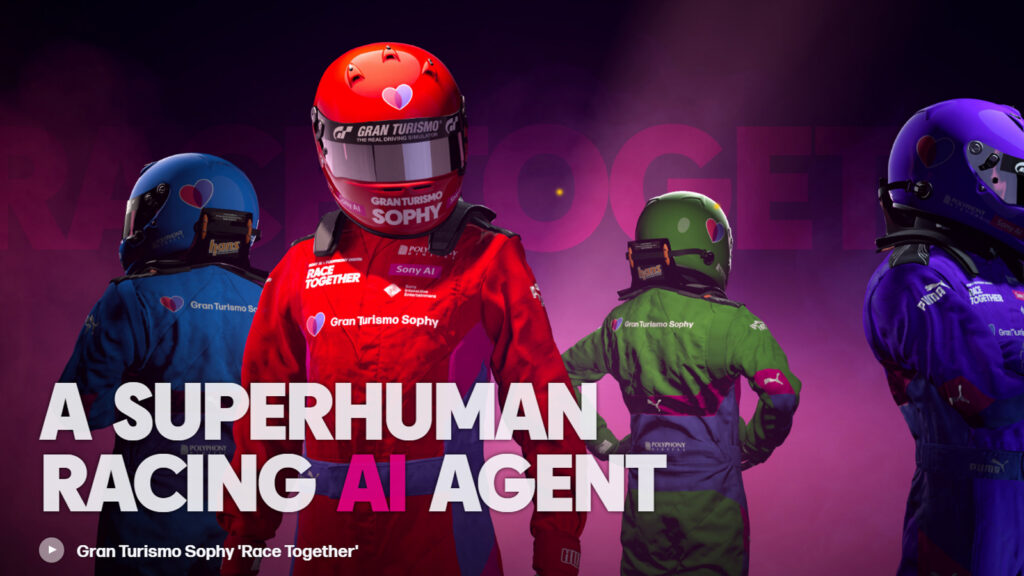
During the event, NVIDIA, leading graphics processing unit manufacturer, and Convai, an AI platform for developers, used NVIDIA’s newest AI technology to imbue non-player characters (NPCs) with human-like conversational skills.
The collaboration showcased a demo that displayed realistic interactions between players and NPCs, unlike anything gamers have seen before.
However, many gamers and industry insiders are not enthusiastic about the rise of AI in gaming, voicing concerns about the quality of AI-generated assets and their impact on the industry – but game developers share a different opinion.
- Did Alan Wake create the Federal Bureau of Control? Fans are connecting dots
- Everything you need to know about Like a Dragon Infinite Wealth pre-order edition and bonus content
AI generated assets and new tech created by AI in video games sometimes receive backlash from fans
While some, like Sony and NVIDIA, are focusing on enhancing the gaming experience through AI, many other companies are looking to expedite the game development process by using AI technology to create assets.
Embark Studios, creators of The Finals, a popular free-to-play team-based shooter known for its innovative gameplay using destructible environments, has embraced generative AI voice overs.
On a podcast hosted by Embark Studios, audio designers Carl Strandberg and Andreas Almström described AI text-to-speech technology as “extremely powerful,” enabling rapid voice over production “in just a matter of hours, instead of months” for new ideas or sudden game changes.

In March 2023, Ubisoft introduced Ghostwriter, a developer platform utilizing generative AI to create “barks,” which are ambient dialogues like crowd chatter that enhances game immersion.
Ubisoft noted that creating barks usually requires a significant amount of scriptwriters’ time that could be better spent on main plot elements.
However, Ghostwriter’s showcase video received significant negative feedback. Gamers expressed concerns about AI replacing scriptwriters altogether. YouTube user hyperfreezegames even remarked, “The most dystopian part is that actual writers are forced to train the AI that will ultimately replace them.”
As first reported by PC Gamer, the voice actor for Joker in Persona 5, Xander Mobus, was not at all enthusiastic about rise of AI scripts, stating that a lot of “procedural generation has been getting a rep for producing a lot of content to fill a game, but most of it being kinda shit,” and that the same thing will happen to scripts written by AI, because engaging story arc is not something that can be created by following patterns.
The voice actor for Deus Ex’s Adam Jensen and Starfield’s Sam Coe, Elia Toufexis, shared a different perspective.
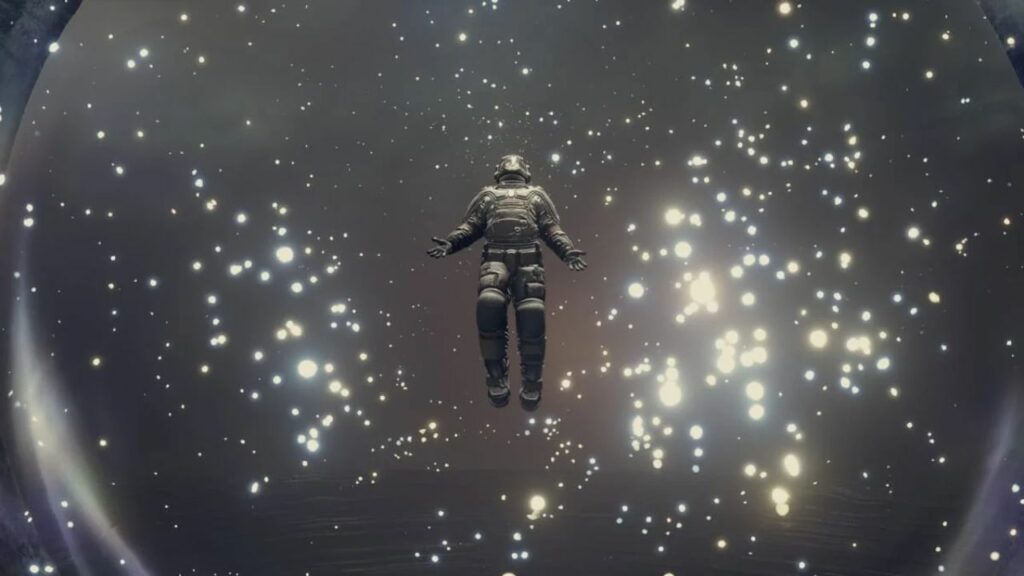
“If you want to start a voice-acting career, don’t bother,” Elia tweeted. “All those jobs of nameless background NPCs that gave us all our start in the industry…they’re all going away.”
He also raised concerns about the rise of AI and the potential future impact of massive layoffs and lost talent opportunities within the gaming industry.
Whether gamers likes it or not, some veteran developers say AI in video games is here to stay
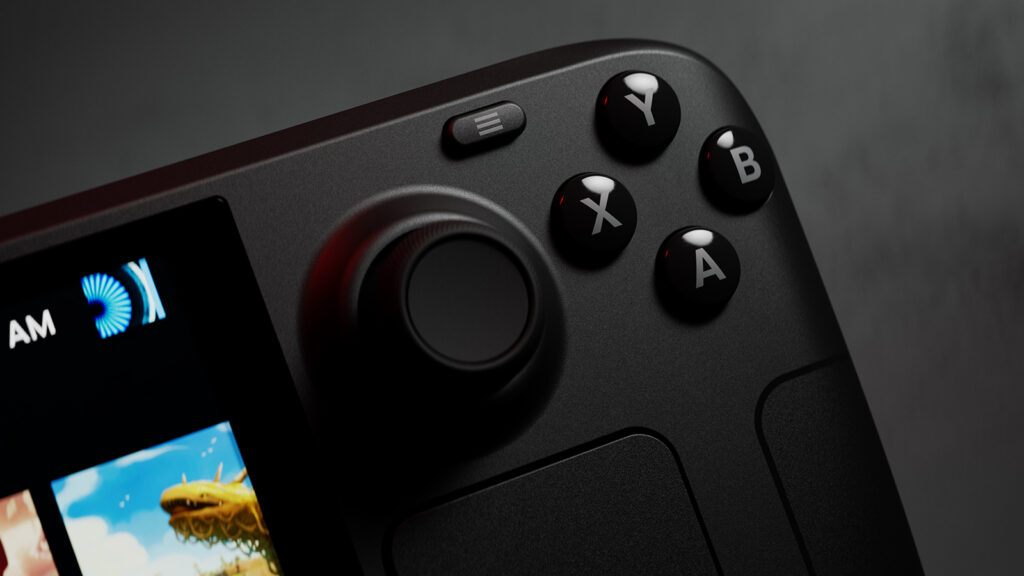
In a recent interview with Edge Magazine, Jade Raymond, the former lead producer of Assassin’s Creed and current head of Haven Studios, along with Raph Koster, co-director of Everquest 2, engaged in a discussion about the role of AI content in AAA game development.
They concurred that the integration of AI in gaming is an unstoppable trend, regardless of public opinion, and that companies will persist in their pursuit of new technologies to enhance and expedite game development.

“Developers hate it, many players dislike it, there’s a general current against it, and the money is still going to drive absolutely everybody to do it, because otherwise the cost curves are not sustainable,” Koster stated.
Takashi Kiryu, the president of Square Enix, known for iconic franchises like Final Fantasy, Dragon Quest, and Kingdom Hearts, reiterated similar sentiments and stated there’s a significant shift in the industry in his annual New Year’s letter.
He emphasized the potential of generative AI to not only “reshape what we create” but also “fundamentally change the creation process, including programming,” and to “enhance development productivity.”
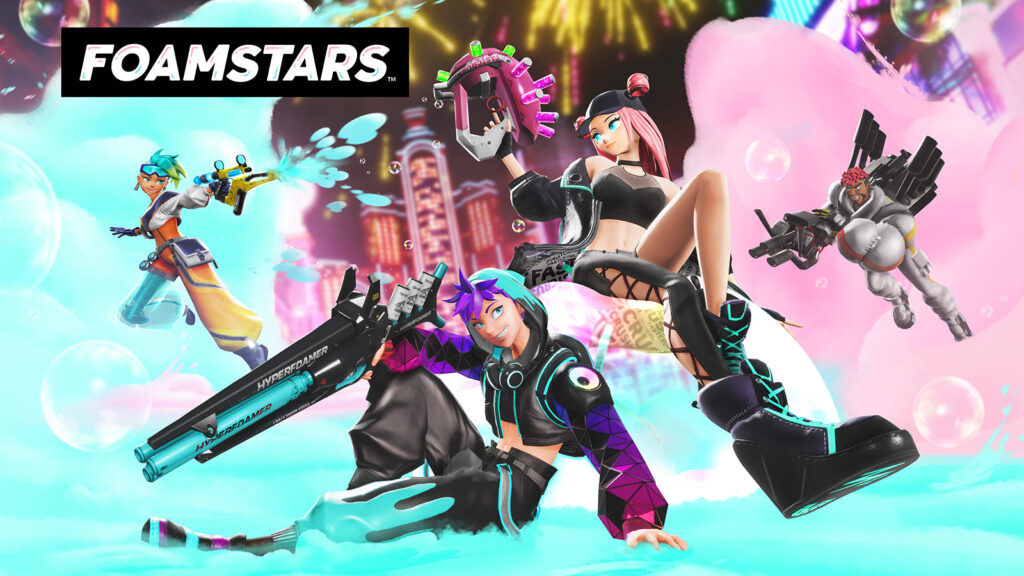
As first reported by VGC, Square Enix confirmed they have used Midjourney, a popular AI image generator, to create some of the icons for their upcoming game Foamstars, launching on February 6.
Steam, which hosts many of these new games, has shifted from banning the usage of AI assets in games distributed on their platform in June to completely reversing their stance by January.
According to their latest blog post on AI, they stated that they will allow “the release of the vast majority of games that use AI,” provided developers disclose AI usage when submitting games. This information will be displayed on Steam’s store page, enabling customers to understand AI usage in games and to report non-compliant content.
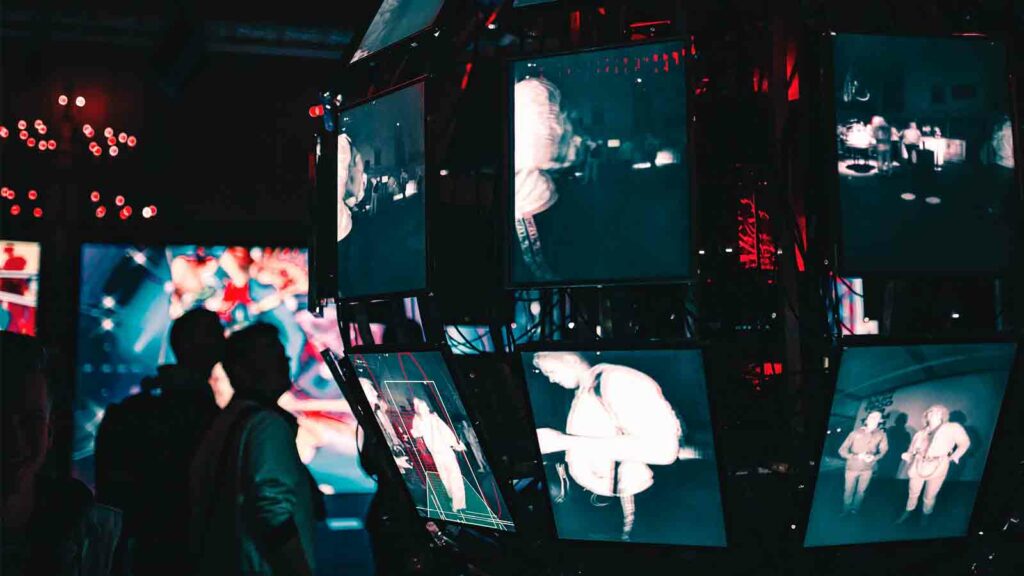
It’s clear that AI-generated assets and the adoption of AI technology in game development are here to stay, especially as they become more advanced and increasingly difficult to detect.
This revolution is already fundamentally altering our gaming experiences, leading to more intelligent NPCs and even faster game releases — but sometimes it comes at a cost to quality consumer experiences.
Currently, developers and distributors are not just adapting to but embracing AI usage, solidifying its role as an unstoppable force in the transformation of gaming, and perhaps each individual company will need to assess which areas will work best for each individual title and be clearer about what AI in video games can or cannot do.
Discuss stories like these with us — join the ONE Esports Discord community.
READ MORE: Is Naraka Bladepoint good? This type of gamer might have a huge advantage


